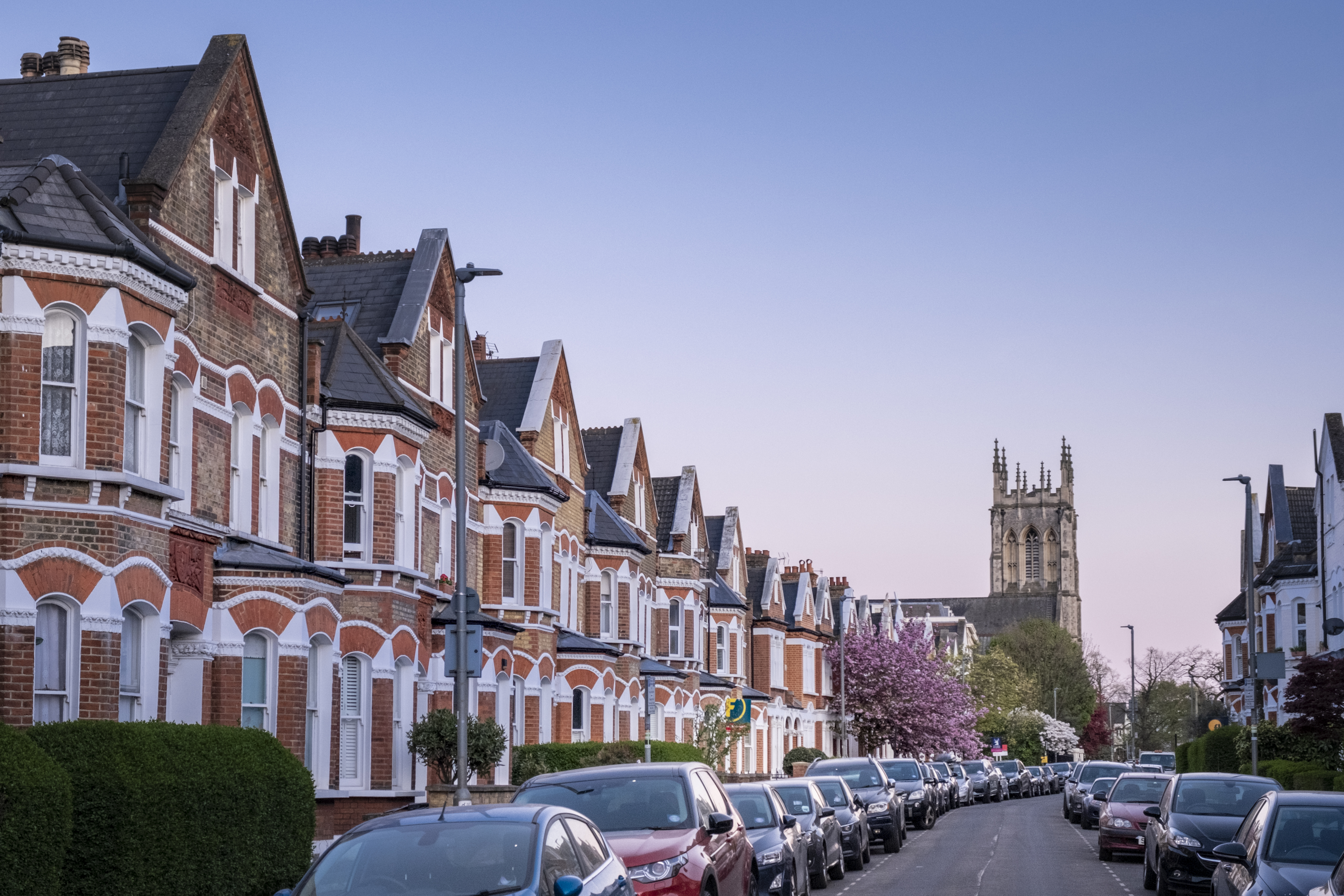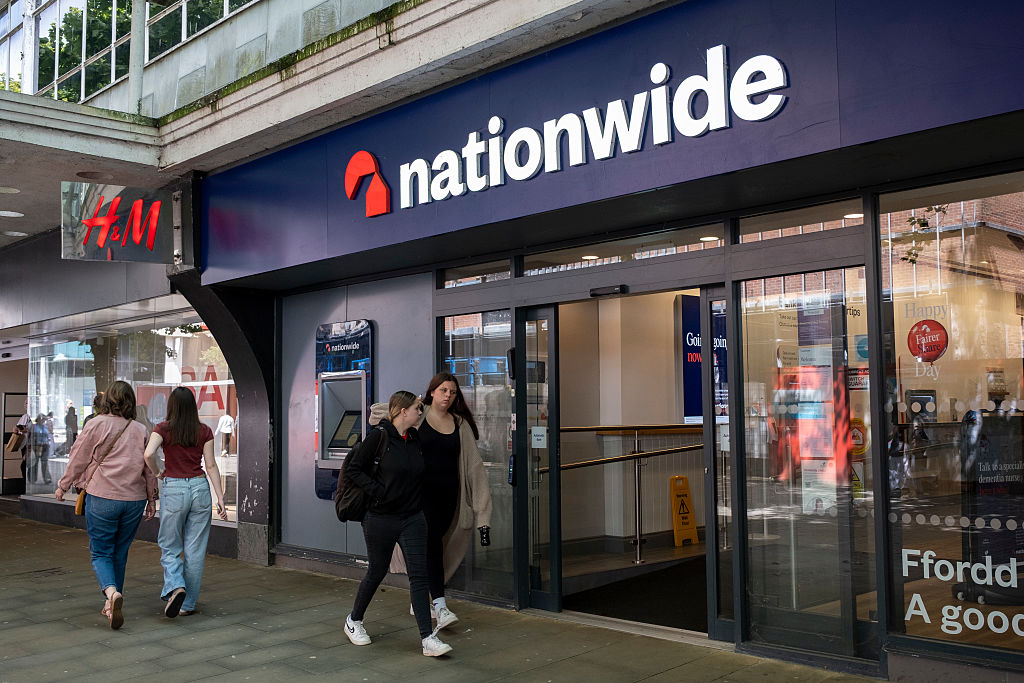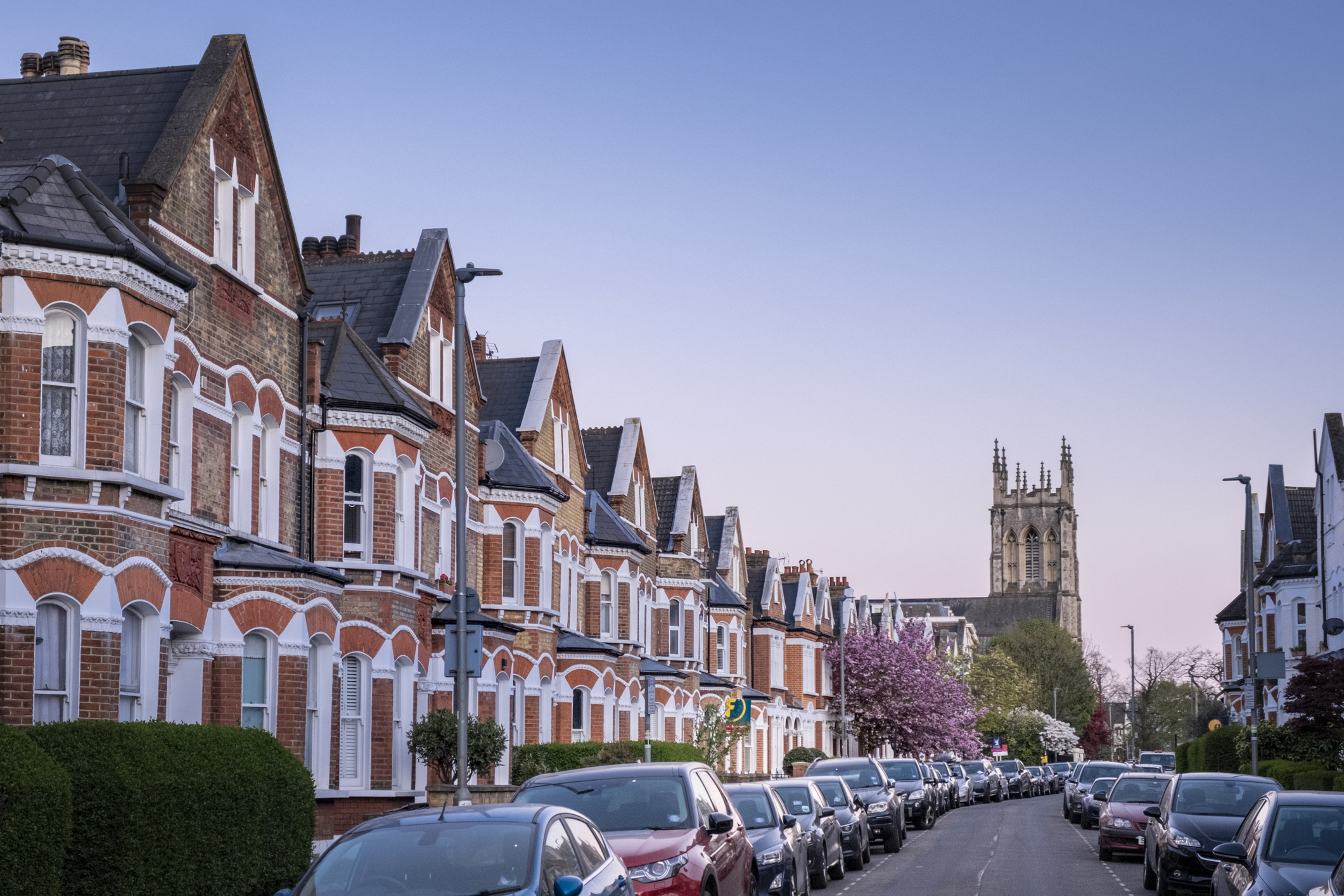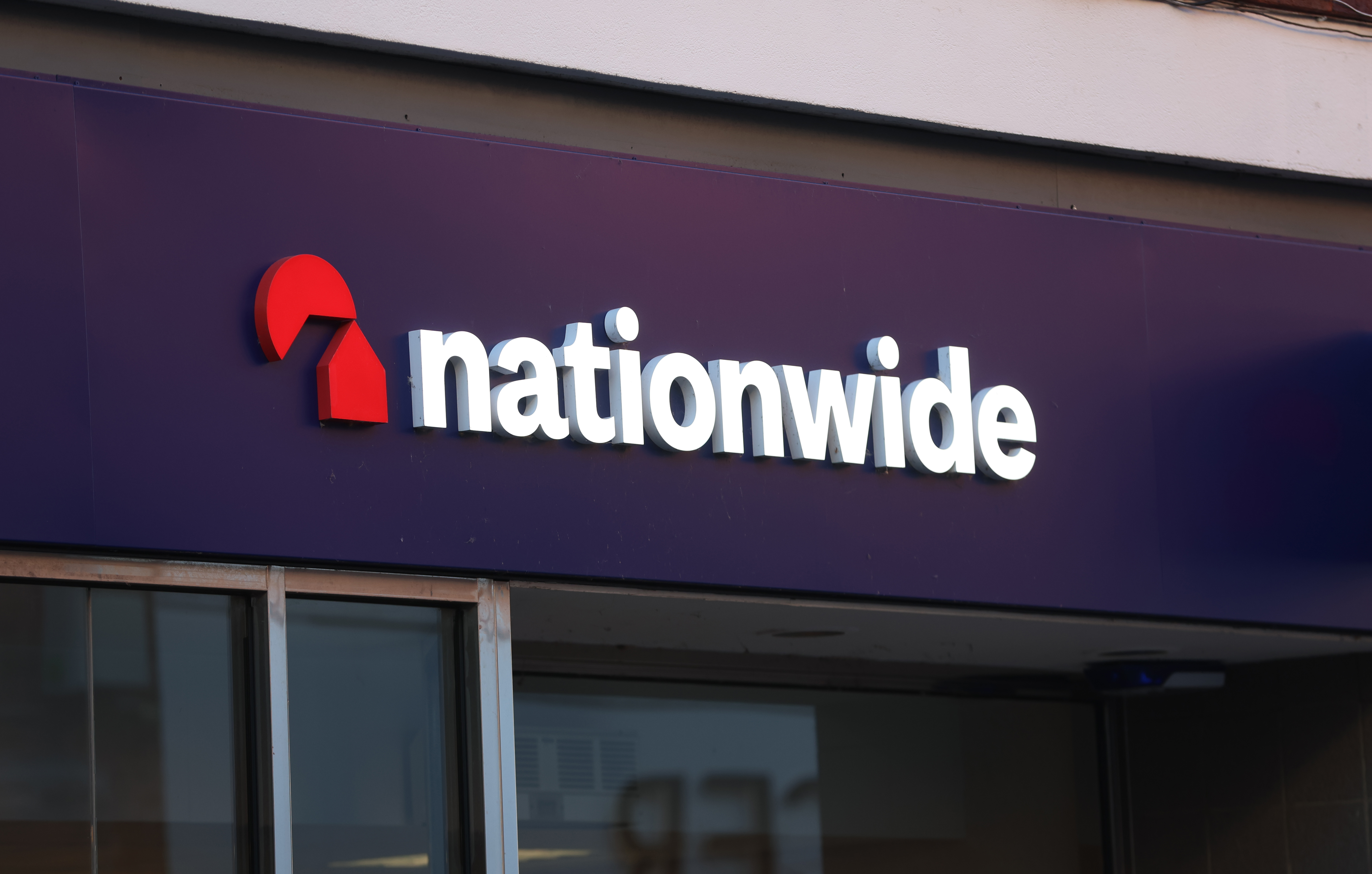Will mortgage rates fall this year?
The mortgage price war may be over in a blow for borrowers. Whether you're buying a home, remortgaging or you’re a buy-to-let landlord, we look at the outlook for mortgage rates this year and into 2026

Sam Walker

Get the latest financial news, insights and expert analysis from our award-winning MoneyWeek team, to help you understand what really matters when it comes to your finances.
You are now subscribed
Your newsletter sign-up was successful
Want to add more newsletters?
Mortgage lending criteria is becoming more flexible but rates are climbing again – what’s in store for the rest of 2026?
Home buyers and borrowers had benefited from falling mortgage rates at the start of the year.
An interest rate cut in December had helped mortgage pricing fall below 5% and even below 4% in some cases, prompting a drop in rates in the build up to the new year.
Try 6 free issues of MoneyWeek today
Get unparalleled financial insight, analysis and expert opinion you can profit from.

Sign up to Money Morning
Don't miss the latest investment and personal finances news, market analysis, plus money-saving tips with our free twice-daily newsletter
Don't miss the latest investment and personal finances news, market analysis, plus money-saving tips with our free twice-daily newsletter
But inflation remains above the Bank of England’s 2% inflation target, even though it fell in January, and interest rates were held at the latest Monetary Policy Committee meeting in February.
Major banks and building societies such as Nationwide, NatWest and Santander have all hiked mortgage rates in recent weeks.
The average two-year fixed residential mortgage rate is 4.83%, as of 27 February 2026, meanwhile, the average five-year fixed rate is at 4.95%.
What’s in store for the rest of 2026 though? With the Autumn Budget uncertainty firmly behind us and hopes of interest rate cuts in the coming weeks and months, could homebuyers and borrowers be set for a boost?
We take a closer look at the outlook for the year.
Which mortgage lenders are lowering rates?
Mortgage lenders are more likely to increase rather than cut rates at the moment.
This is because swap rates are high amid economic uncertainty.
While mortgage rates are on the rise, lenders are becoming more flexible on affordability criteria.
Lenders such as Nationwide and NatWest have boosted loan-to-income ratios to 6x in recent weeks.
Santander also recently released a 98% loan-to-value (LTV) mortgage for first-time buyers, meaning borrowers would only need a 2% deposit.
A couple of lenders have released 100% LTV mortgages in recent weeks, in a boost for first-time buyers struggling to get a deposit together.
Melton Building Society has unveiled a five-year fix at 5.99% for 100% LTV with a £199 application fee and then £199 cashback upon completion.
It is initially only available to clients who live in the East Midlands.
Hanley Economic Building Society also has a 100% LTV mortgage on offer with a rate of 5.79% fixed for five years aimed at people currently renting. It is available to people in the Stoke-on-Trent postcode and you need to have been renting for at least 12 months.
The lowest mortgage rate on the market is currently 3.55% for home movers, available from Yorkshire Building Society at up to 60% LTV.
Lloyds Bank has a market-leading remortgage rate of 3.64% for a 40% deposit.
The best deals can disappear quickly though if there is lots of demand so borrowers should act fast if they are ready to buy or remortgage.
Looking to remortgage? We reveal how to get the best deal.
What is the forecast for mortgage rates?
At its latest meeting in February, the Bank of England’s Monetary Policy Committee (MPC) narrowly voted by 5-4 to hold the base rate at 3.75%. Four dissenters voted to cut it to 3.5% so there is hope for a change in the coming months.
In the longer-term, HSBC has predicted the base rate will fall to 3% by the end of 2026 as inflation slows further. The latest Consumer Price Index (CPI) measure read 3.4% in December, according to the Office for National Statistics (ONS).
Stephanie Charman, chief executive of the trade body the Association of Mortgage Intermediaries, predicted the base rate settling around 3-3.25% in 2026. Any falls in the base rate should feed into mortgage rates.
Should you fix your mortgage?
If the last three years of rises and falls have told us anything, it's that predicting falls in mortgage rates is not an exact science. So, if you have one of the estimated 1.8 million fixed mortgage rates that is expiring this year, according to UK Finance, should you opt for another fixed deal?
Fixed rates can offer you certainty over what you’ll pay in interest over the course of the deal.
However, Mendes said a lot of lenders had already priced predicted falls in the base rate for 2026 into their deals in January, with a lot of some of the best two and five-year fixes below base rate.
“Fixed rates are likely to edge down more slowly than Bank Rate itself and could start to level off as we get closer to that ‘final resting place’,” Mendes added.
“Competition between lenders is still intense, which should keep downward pressure on rates, but the scope for sharp further falls looks limited unless expectations shift meaningfully lower.”
What about variable mortgage rates?
The average Standard Variable Rate (SVR) was an eye-watering 7.15% as of 27 February, according to Moneyfacts. The average two-year tracker is at 4.43%.
Those on a high SVR would be wise to switch onto a fixed rate now. Even if fixed rates fall further, the money saved from getting rid of an expensive SVR earlier could make it worth it.
Anyone holding out for interest rates to fall further could opt for a tracker mortgage.
David Hollingworth, of mortgage broker London & Country, said: “Anyone that is sitting on a standard variable rate because they are hoping for more drops in fixed deals should consider whether a tracker would be a better option.
“The SVR is likely to be substantially higher and even if fixed rates do reduce over time, each month on SVR could be costing a lot more.”
What about buy-to-let mortgage rates?
According to Moneyfacts on 27 February, the average two-year buy-to-let mortgage rate is 4.65%, while the average five-year BTL rate is 5.05%.
These rates seem quite competitive compared to how high they have been over the past few years. Buy-to-let mortgage rates were pushing 7% in the summer of 2023.
Landlords will be hoping for a further fall in mortgage rates this year, to help offset the 5% stamp duty surcharge, less generous mortgage interest tax relief and higher income tax charges on property introduced in the 2025 Autumn Budget.
What mortgage support is available?
Mortgage rates are much higher than when many people would have last remortgaged. Millions of homeowners will be coming off rates as low as 1% or 2%.
If you’re struggling to make your mortgage repayments, the good news is that lenders representing 90% of the mortgage market have signed up to the government’s mortgage charter. They include the big banks like Halifax, HSBC and Santander and building societies like Nationwide, Leeds and Skipton.
The charter is a series of support measures intended to help those in difficulty. Borrowers will be able to make a temporary change to their mortgage for six months to give them some breathing space, such as switching to interest-only payments or extending their mortgage term to reduce their monthly payments. Customers have the option to revert to their original term within six months by contacting their lender.
About 1.7 million mortgages have benefitted from the mortgage charter since it was introduced in June 2023, according to the City watchdog.
Meanwhile, there is a 12-month delay before repossession proceedings can start against those who have missed payments. Regardless of whether your lender has signed up to the charter, all lenders also have a range of measures in place for customers experiencing difficulties.
Should I overpay my mortgage?
If you’ve got some spare cash and you're on a low rate, overpaying your mortgage can be a good way to protect yourself before your mortgage deal expires and you have to remortgage at a higher rate.
Our mortgage overpayment calculator shows how your monthly repayments will change and help you decide if it is worth it.
Get the latest financial news, insights and expert analysis from our award-winning MoneyWeek team, to help you understand what really matters when it comes to your finances.

Marc Shoffman is an award-winning freelance journalist specialising in business, personal finance and property. His work has appeared in print and online publications ranging from FT Business to The Times, Mail on Sunday and the i newspaper. He also co-presents the In For A Penny financial planning podcast.
- Sam WalkerWriter
-
 Do you face ‘double whammy’ inheritance tax blow? How to lessen the impact
Do you face ‘double whammy’ inheritance tax blow? How to lessen the impactFrozen tax thresholds and pensions falling within the scope of inheritance tax will drag thousands more estates into losing their residence nil-rate band, analysis suggests
-
 Has the market misjudged Relx?
Has the market misjudged Relx?Relx shares fell on fears that AI was about to eat its lunch, but the firm remains well placed to thrive
-
 Nationwide: UK house price growth bounced back in January
Nationwide: UK house price growth bounced back in JanuaryHouse price growth slowed in 2025 but the new year is showing more positive signs for the property market
-
 Nationwide: House price growth slows but market remained resilient despite Budget worries
Nationwide: House price growth slows but market remained resilient despite Budget worriesThe average price of a house in the UK was £272,998 in November, as annual house price growth slowed to just 1.8%, Nationwide said.
-
 Nationwide promises to protect all its branches from closures until at least 2030
Nationwide promises to protect all its branches from closures until at least 2030The building society has extended its pledge to keep all high street Nationwide and Virgin Money branches open, now until at least 2030.
-
 Nationwide Building Society launches £175 switching deal – who is eligible?
Nationwide Building Society launches £175 switching deal – who is eligible?Nationwide Building Society has launched a new current account switching deal. We look at whether you are eligible, and how to get the free cash.
-
 Green mortgages: how do they work and how much can you save?
Green mortgages: how do they work and how much can you save?Most high-street lenders now offer some kind of green mortgage deal. We look at who’s eligible, how to apply and the mortgage rates and cashback on offer
-
 London house prices to outperform rest of UK, says economist
London house prices to outperform rest of UK, says economistAfter years of underperformance, London house prices are set to grow faster than the rest of the country, according to Capital Economics. We look at the reasons behind this forecast – and whether other experts agree
-
 Thousands of Brits switch to Nationwide, Monzo and NatWest – which banks are least popular?
Thousands of Brits switch to Nationwide, Monzo and NatWest – which banks are least popular?We look at the most and least popular banks and building societies as current account bank switches reach a record high. Is it worth moving your money?
-
 Did you get the £100 Nationwide bonus? Here’s how to check
Did you get the £100 Nationwide bonus? Here’s how to checkNationwide finished paying its £100 Fairer Share bonus last week. We explain what to do if you didn’t get it but think you’re eligible